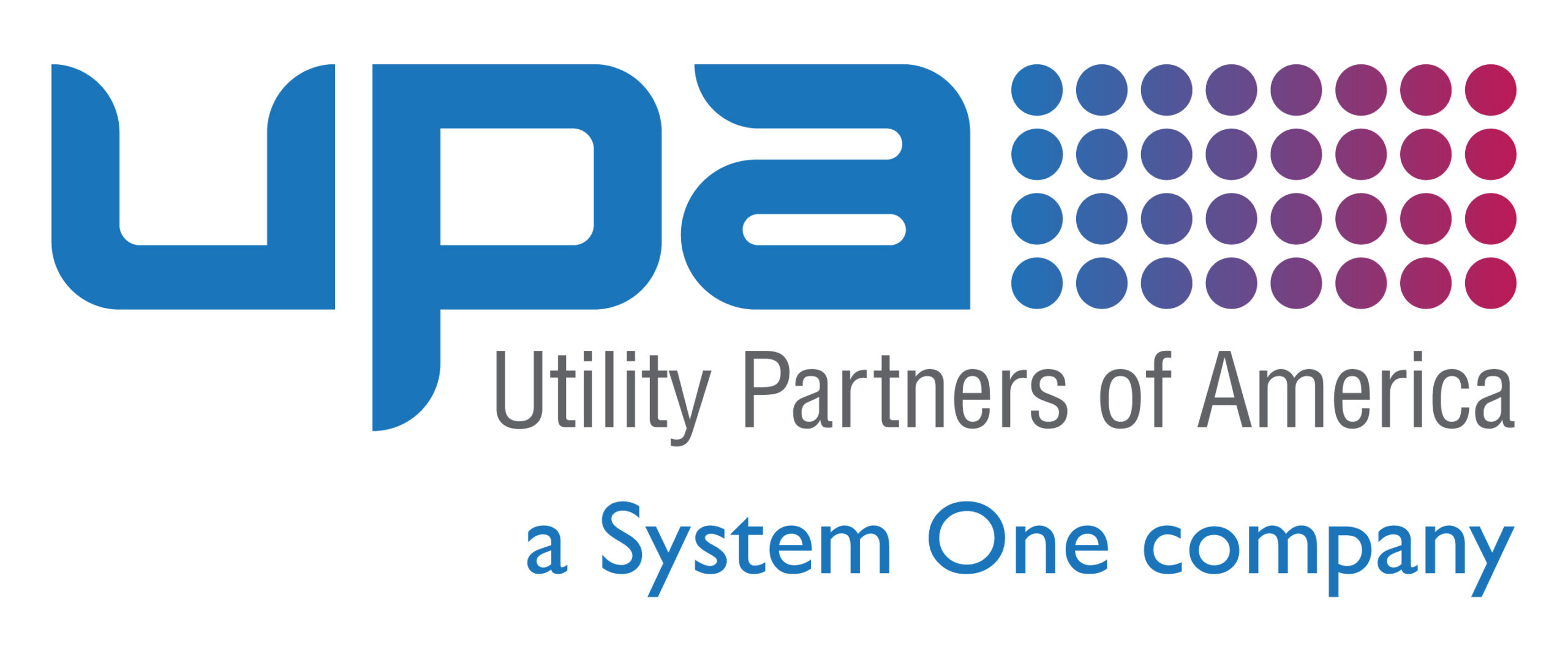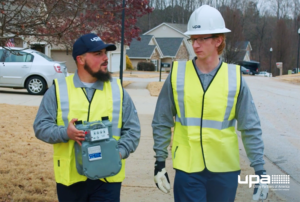The most successful organizations are those that promote a culture of helping others before themselves. This type of approach has a number of names, from “service-first” to “others-focused,” but the intent always remains the same. It requires a consistent, top-down effort across the organization, with employees all rallying behind this single mission.
While most organizations claim to focus on the needs of the customer, those needs are not always easy. However, by deploying an others-focused service culture, you can be sure that your customers get exactly what they need. Here are five ways to develop an others-focused service culture.
Hire the right people for the job
“Hire right” is something you might hear among human resources circles, but it absolutely makes sense. While you should obviously look for candidates that are capable, keep an eye out for people who can advance the others-focused culture. Ask potential hires to provide real-life examples of others-focused actions that they’ve taken.
Related: Minimizing Inter-team Friction and Building Great Working Relationships
Communicate early and often
Few things make someone feel more valued than being kept up to date with pertinent information. As an example, utilities should adopt methods to stay in constant communication with employees and customers. Consistent, timely communication is an essential element of an others-focused culture. Those communications could be anything from a simple phone call to let the customer know that a technician is running late to reminding employees that the utility’s insurance enrollment period is set to begin the following week. Whatever the case, the recipient of the message will appreciate the thoughtfulness and benefit from practical information.
Related: UPA Uses Team Building For Company Culture
Stress that everyone is a customer service employee
You likely have an established customer service team that has experience in managing customer concerns and complaints. But the reality of today’s environment is that all employees are customer service employees. Make sure that all employees understand that their role includes representing the utility whenever they’re working.
Related: Encourage a Utility-Wide Safety Culture
Establish goals around culture
Goals are an important measuring stick to track and know if your utility is doing a good job. While it’s likely that you already have goals around financials and employee safety, consider ways to develop useful culture-based metrics. For example, we recently published a blog explaining the value of standardized, quick customer feedback surveys. These are simple to create and implement, but can provide valuable granular insights into customers’ experiences. The same can be said for employee satisfaction and suggestion questionnaires; create and send out anonymous surveys to all employees to get a clearer sense of how employees perceive their work environment. Try to include some questions that help determine the existence and strength of an others-focused culture at your utility. The responses could help leadership determine what’s going well and what might need improvement.
Related: On Board With a Safety Culture? 5 Tips To Make it Stick
Remind, remind, remind—and reward
Building an others-focused culture is simply not as easy as flipping a switch. If it was, every company would have one. It takes commitment, dedication, and time. To help make the process go smoother, be sure to repeatedly remind employees about culture and the role each individual plays in the big picture. When it works, and when employees go above and beyond, put in the effort to reward them. Even if it’s just verbal praise, employees will appreciate the recognition.
Related: Accountability Is Everyone’s Responsibility
Utility Partners of America offers a variety of services to utilities like yours
One of the things Utility Partners of America (UPA) does best is supplying utilities and energy cooperatives with a variety of services that enhance their businesses. If your utility is interested in developing an others-focused culture, we’d like to hear from you. Contact us today to learn what we can do for you.




